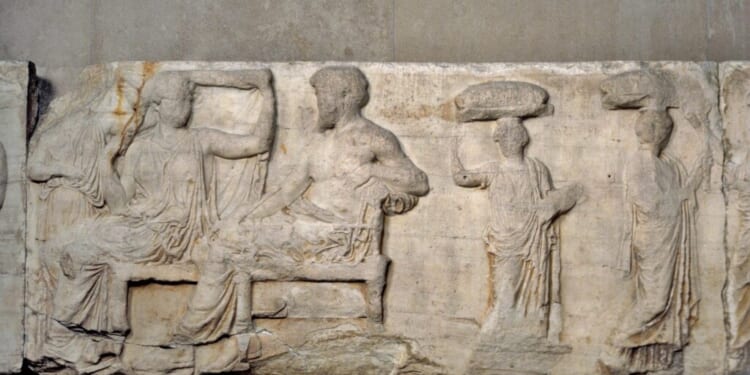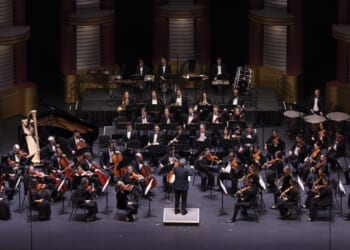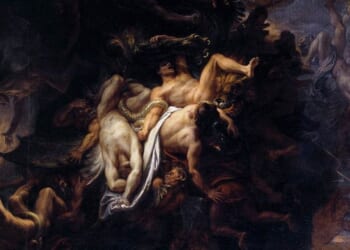Recent stories of note:
“Only human”
Paul Cartledge, The Times Literary Supplement
“Beauty is truth, truth beauty.” In one line Keats seems to capture the essence of the Greek aesthetic philosophy that has so decisively shaped Western culture. And yet, as Paul Cartledge points out in his review of Beauty and the Gods, a recently published book by Hugo Shakeshaft on divine beauty in classical Greece, the Greek understanding of beauty is not so clear-cut. Accustomed to seeing the Greek gods with idealized human bodies, the modern viewer might be inclined to think that the Greeks made their gods in their own image. In fact, as Homer makes clear, there was an unbridgeable gap between the beautiful and frivolous world of the gods and that of mortals. In that sense, Keats’s Grecian equation of beauty to truth is only partially accurate: some of the most revered representations of the ancient Greek gods were the coarse, primitive, and famously unbeautiful archaic wooden xoana sculptures of the Olympians.
“Exclusion and intolerance can be British values”
Mario Laghos, The Critic
Ingenious was the politician who first realized the rhetorical value of the word “values,” given the term’s inherent vague, non-prescriptive, and comforting meaninglessness. In Britain’s case, that was Tony Blair, who defined “British values” as “fair play, creativity, tolerance, and an outward-looking approach to the world.” One wonders what is specifically British about any one of the listed attributes. As Mario Laghos argues, even the seemingly quintessentially British expression of “fair play” can mean anything and everything: “the political Right will tell you that illegal migration is bad because it challenges the British sense of ‘fair play,’” while the Left will defend illegal immigration precisely on the same grounds. Laghos further notes that democracies cannot have it both ways, “attempting to absorb all the peoples and cultures of the world, like the Persians, while giving them a vote, like the Greeks.” Laghos correctly observes that mass migration dissolves national unity and renders elections “farcical,” but one wonders what he makes of the Romans, who for centuries managed both to absorb foreign Italian peoples (such as the Samnites and the Etruscans) into the republic and turn them into fully integrated Roman citizens.
“The Sword and the Secular State”
Kyle Edward Williams, The Hedgehog Review
While books dealing with religious violence are a dime a dozen, far fewer historians have delved into the dark history of secularism. Thomas Howard is one such pioneer, and his latest book Broken Altars focuses on various types of modern secularisms, from the most unobtrusive and benign kind (as laid down in the U.S. Constitution), to a more “combative” sort that was born in the French Revolution and developed in nineteenth-century France (where churches became state property), and finally to the “eliminationist” variety that defined the twentieth century. In the Soviet Union, dozens of churches were turned into “museums of atheism” or “anti-religious” museums as part of the state’s very own religious war against its people. As Kyle Edward Williams writes in his review, Marxist revolutionaries saw religion as reactionary, because it kept people “from paying attention to the world that is right in front of them, particularly the world of labor and industry.” With God out of the picture, secularism leads to the “sacralization of the political,” with invariably baleful results.
















